Features
SQUAT CALABRIA
by Bill Weinberg, The Brooklyn Rail
The abandoned Hotel Centrale in downtown Cosenza, Italy, is a relic of ghastly 1970s-style retro-futuristic architecture, starkly at odds with the stately if decrepit medieval buildings of the city’s historic center, which begins just a few blocks away. But the Centrale has clearly been reclaimed by oppositional cultural forces.
The flag of Syria's revolutionary Kurds flies from the roof. A multiculti congregation of scruffy youth hang out in the lobby—some Italian kids with dyed hair and a punk aesthetic, some young migrants from Africa and the Middle East. A hand-scrawled sign at the entrance reads "Hotel Centrale Occupato"—with the O in occupato slashed with a lightning bolt, making the squatter symbol. Below, it reads, "Mangia, riposa... e lotta!" Eat, rest... and fight!
2019: INDIA IMPROVES JOURNO-MURDER INDEX
by Nava Thakuria, CounterVortex
As the year 2019 is approaching the finish line, India appears to have improved its journalist murder index—with authorities counting only two slain in circumstances directly related to their work this year. Reporters Without Borders counts nearly 50 journalists killed for their work to date this year (compared to 95 in 2018), and India's share has also gone down considerably—from six last year. Moreover, none of its neighbors except Pakistan and Afghanistan—that is, Bangladesh, Nepal, Myanmar (Burma), Sri Lanka, Maldives, Tibet (under China) and Bhutan—have reported any incident of a scribe's murder this year. Pakistan and Afghanistan topped the list of journo-murders in South Asia, with each country losing five journalists to assailants in 2019.
IDLIB RESISTS
Syrian Resistance Stands Up Again—This Time Against Islamist Militia
by Leila Al Shami
Over the past few days a popular uprising has broken out across northern Syria's Idlib against the hardline Islamist group that is militarily dominant in much of the province—Hayaat Tahrir Al-Shaam or HTS, formerly the al-Qaeda-linked Nusra Front. The uprising began when HTS increased zakaat (taxes) on a number of goods and services including bread, electricity and olive oil.
In Kafar Takharim, a town in north-estern Idlib, which is dependent on olive oil production for income, locals refused to pay increased taxes and attempts by HTS to control the olive oil presses. The local council in Kafar Takharim has long resisted attempts at take over by the HTS-linked Salvation Government. Locals staged protests and stormed HTS- controlled olive presses and police stations, successfully evicting HTS from their community.
LEFT WAITING
Africans Caught in US-Mexico Migration Limbo
by Melisa Valenzuela, The New Humanitarian
For months, hundreds of African migrants and asylum seekers from conflict-ridden countries like Cameroon and the Democratic Republic of Congo have been camped out in tents in front of the main immigration detention facility in the town of Tapachula, in southern Mexico.
Most flew halfway around the world to Brazil, then made the dangerous journey north through the Darien Gap—a remote, roadless swath of jungle—before traversing Central America into Mexico in the hope of finally reaching the United States to claim asylum.
On reaching Tapachula, they found themselves corralled into a detention centre and told they couldn't progress further without a permit that protects them for deportation and allows them to stay legally—permits that are harder to come by since Mexico agreed in June to help the United States limit the number of migrants crossing the US-Mexico border.
ROME SQUATTERS FACE CLAMPDOWN
by Bill Weinberg, Fifth Estate/The Villager
It was a multicultural crowd that gathered in Rome's Plaza San Silvestro to oppose the draconian Security Decree then pending in the Italian parliament. Popularly called the "Salvini Law" after Italy's far-right Interior Minister Matteo Salvini (who appears to be the real power behind the government), the Security Decree was explicitly aimed at two broadly overlapping groups: immigrants and squatters.
Many of those in Plaza San Silvestro were both. One prominent banner read: DALLE MONTAGNE DEL KURDISTAN AL CUORE DI ROMA, ARARAT NON SI SGOBERA. "From the mountains of Kurdistan to the heart of Rome, Ararat will not be evicted." It displayed painted images of a mighty mountain and an old industrial building. Flying above the banner was the red-star flag of the Kurdish revolutionary movement in Turkey and Syria.
Ararat is, of course, the famous mountain in Turkey’s Kurdish east, but here it also refers to the Ararat Kurdish Cultural Center, one of Rome's many squatted community centers, in a reclaimed industrial space in the city's outlying Testaccio district. There was another contingent at the protest of Peruvian migrants living in a squatted building, and yet another of squatters from various Horn of Africa countries. The contingents clustered in groups, while the riot police and paramilitary Carabinieri formed a ring around the perimeter of the plaza.
HOW INDIA COMPLICATED KASHMIR DISPUTE
by L. Ali Khan, Jurist
In the first week of August 2019, the Indian Parliament passed, and the president signed, legislation to remove Articles 370 and 35A of the India Constitution. Article 370 preserved the autonomy of Jammu and Kashmir (J&K), a princely state that has been forcibly divided up between India and Pakistan. Article 35A empowers the J&K state to determine its permanent residents.
The constitutionality of the legislation revoking Articles 370 and 35A has been challenged in the India Supreme Court.
By revoking Articles 370 and 35A, India has seemingly abandoned the notion of J&K state as a special territory deserving autonomy. However, as discussed below, the revocation complicates matters more than it resolves. The revocation does little to lawfully change the autonomy of the State or alter the territorial dispute between India and Pakistan. Unfortunately, the revocation will foment domestic unrest and possibly an armed conflict between nuclear rivals, India and Pakistan.
ALGERIA: BOUTEFLEXIT COMPLETE. NOW WHAT?
by Faten Aggad, African Arguments
It all started on February 16, with protests in the small town of Kherrata in eastern Algeria. Of all places, it had to be here to capture the symbolism of this "Algerian Renaissance"; Kherrata was one of three towns where the French massacred an estimated 45,000 people on May 8, 1945, giving impetus to the war that would eventually lead to Algeria’s independence in 1962.
From Kherrata, the protests quickly grew in numbers and presence. By February 22, they had spread across all districts of the country. Protestors marched every Friday, reminded through messages on WhatsApp and social media that the demonstrations should remain silmiya (peaceful). By April 2, this unrelenting pressure from the streets had made President Abdelaziz Bouteflika's position untenable. After 20 years in office, he resigned.
Why were the protesters successful? And where do we go from here?
SYRIA: FROM REVOLUTION TO QUAGMIRE
Civilians trapped between Assad regime, foreign states and warlords
by Leila Al Shami, Fifth Estate
If 2011 looked like the moment when people could unite, both within and across borders, to topple decades-old dictatorships with the demand for freedom and social justice, today looks like the moment of counter-revolutionary success. After eight years of increasingly brutal conflict in Syria, Bashar al-Assad still presides as president over a now destroyed, fragmented and traumatized country. The dominant narrative is that the war is nearing its end. States once vocally opposed to Assad now have other strategic concerns which take precedence over the victims of his savage efforts to hold onto power. Yet, on the ground, conditions are far from stable; civilians remain trapped and are paying the price for ongoing struggles for power and territory between the regime, foreign states and ideological warlords.





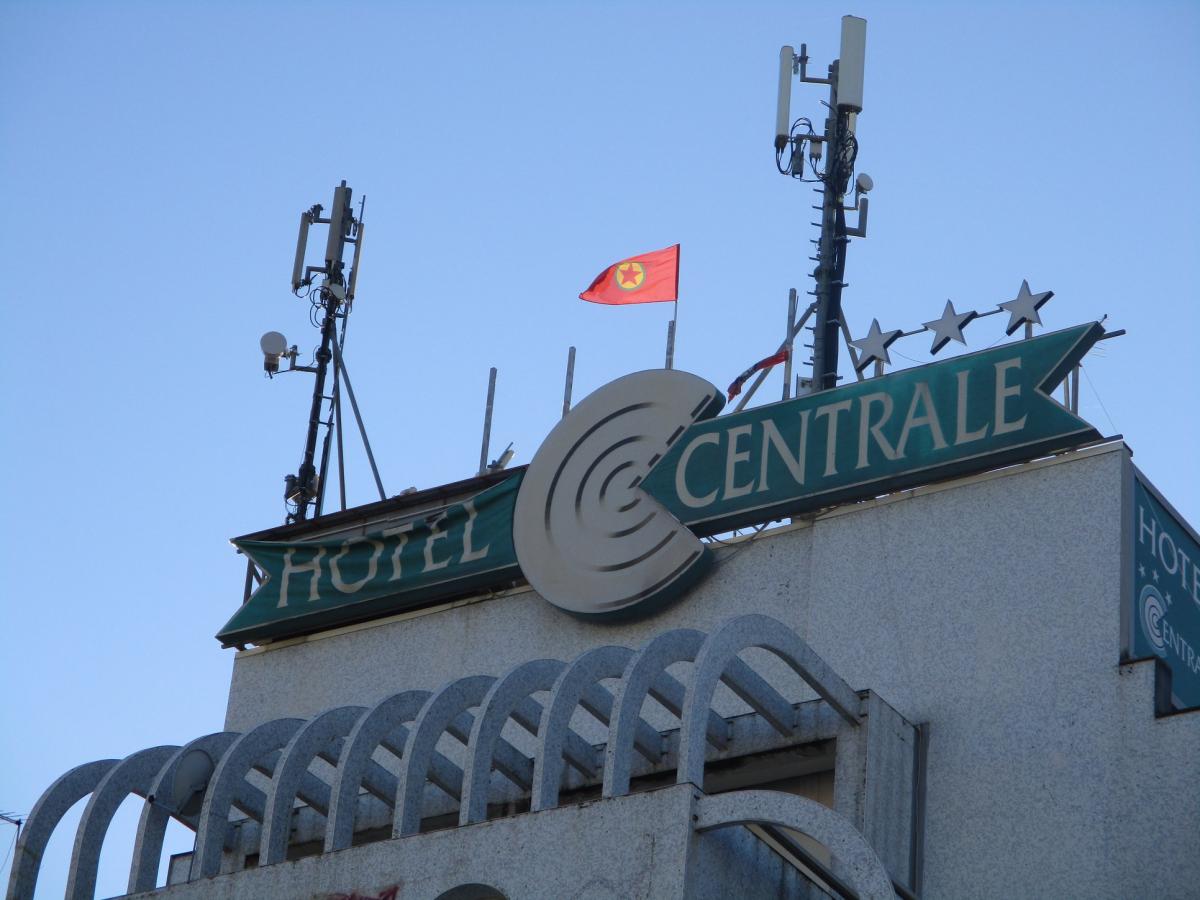
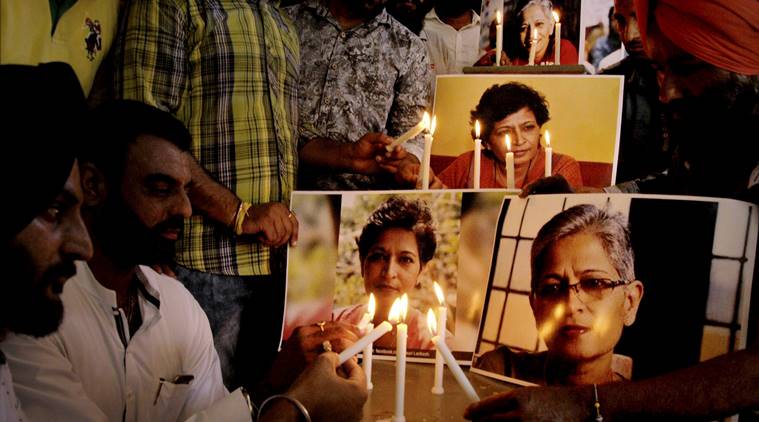
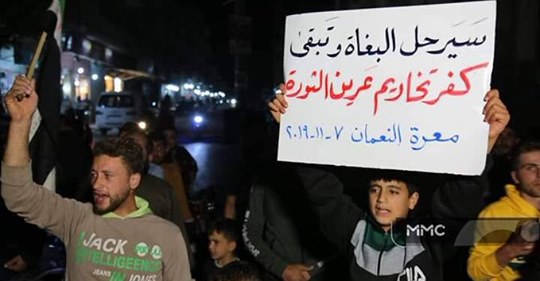
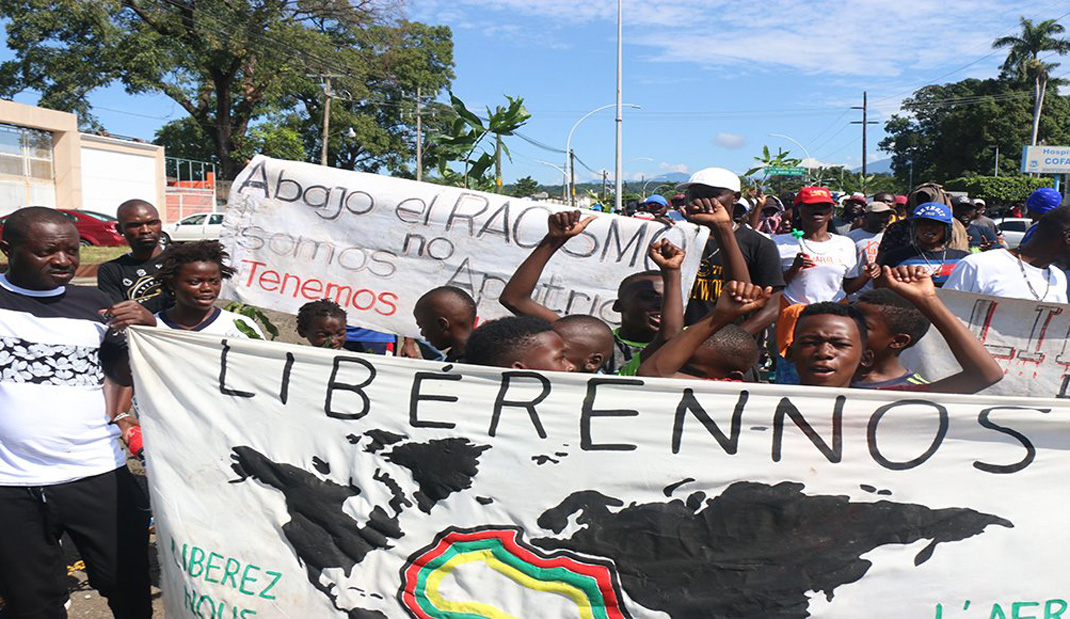
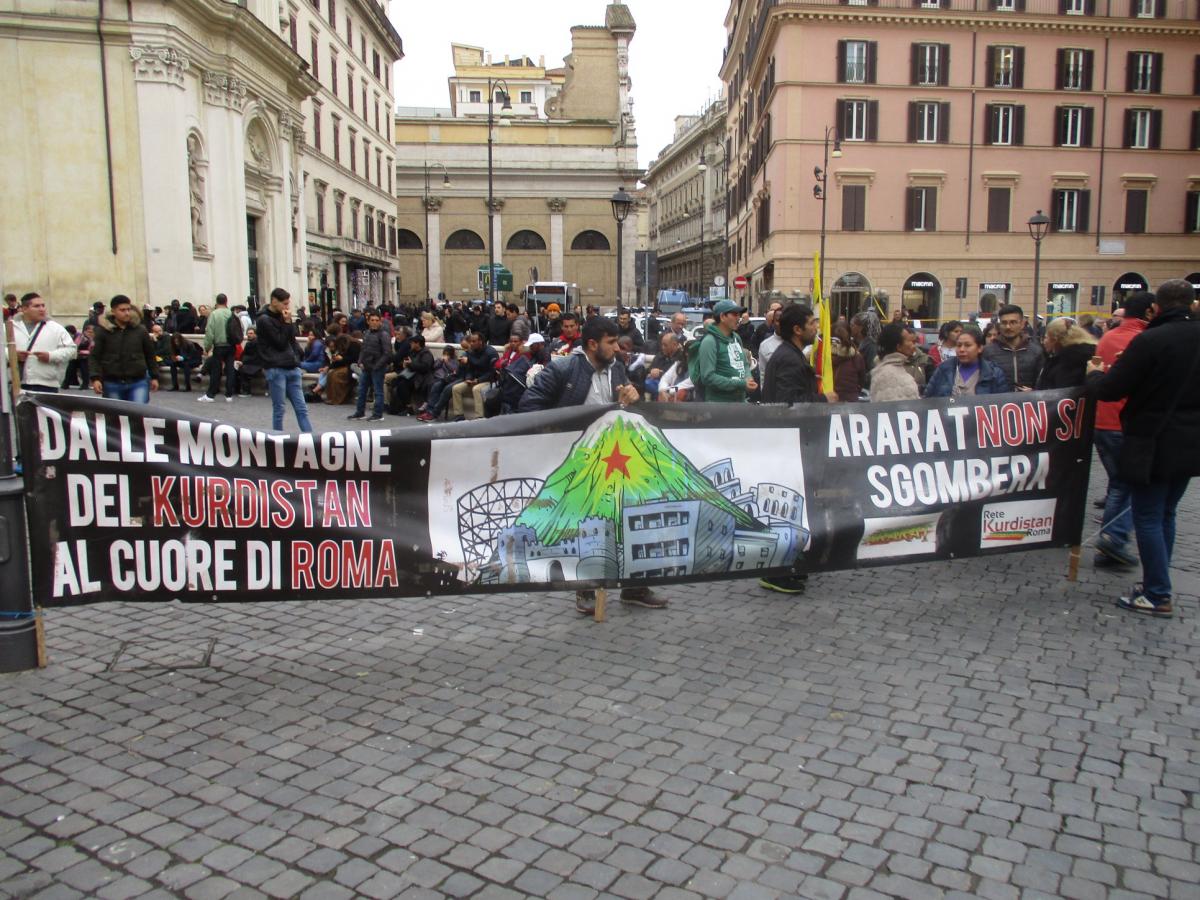
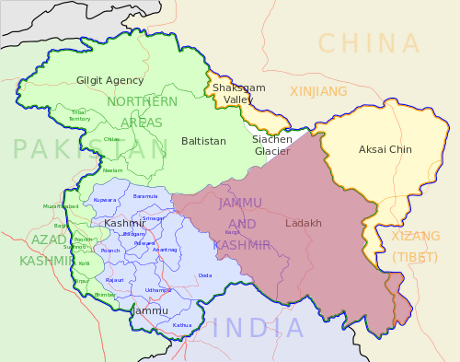
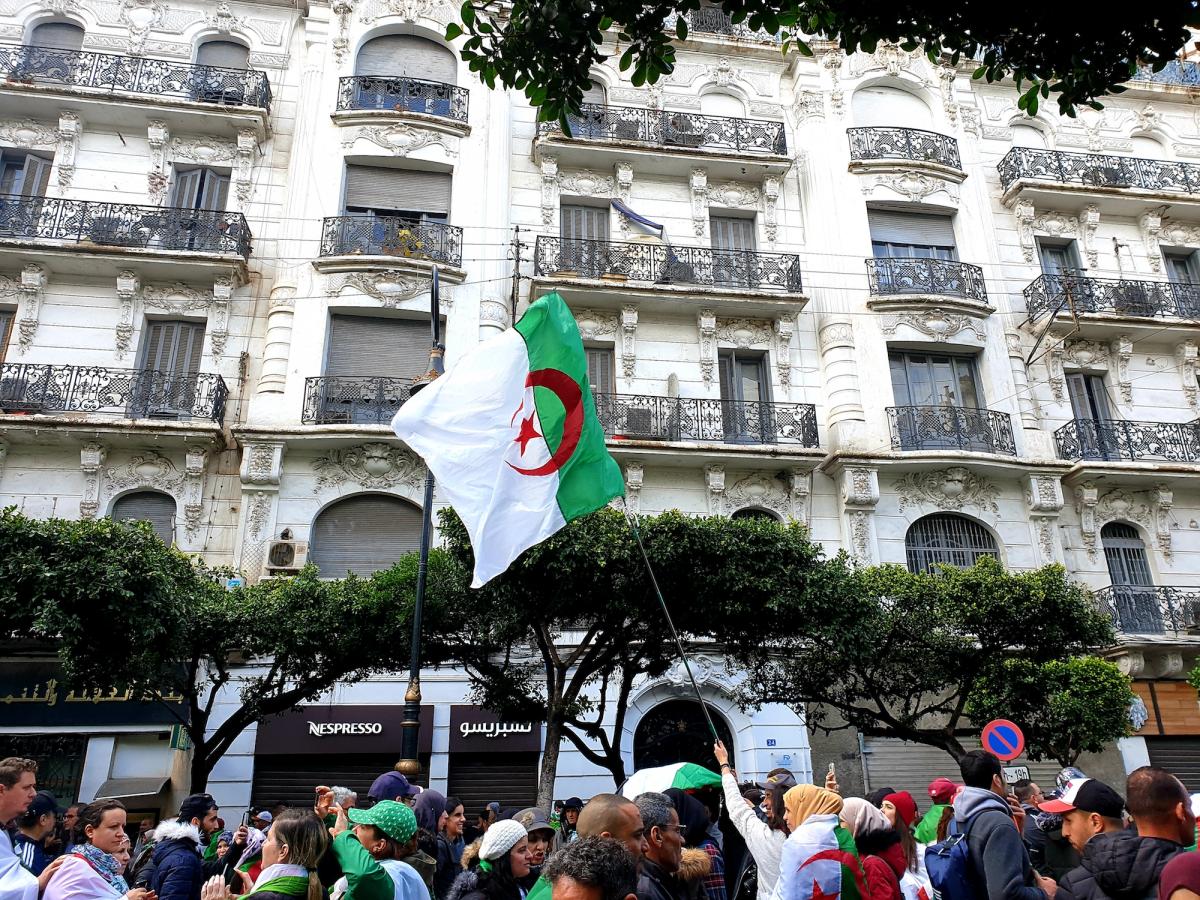
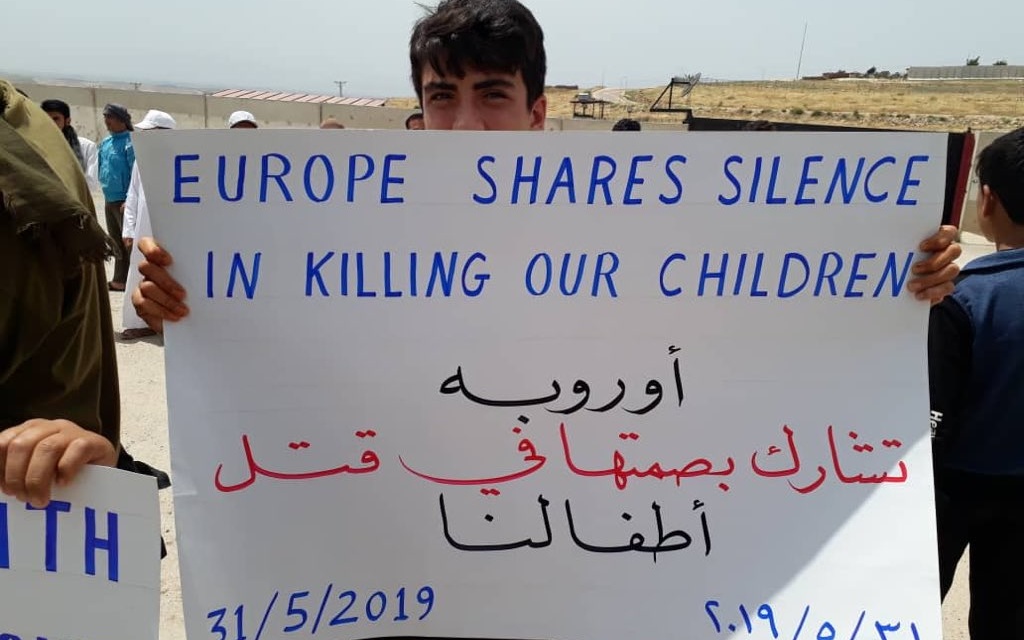










Recent Updates
3 hours 30 min ago
6 hours 47 min ago
1 day 1 hour ago
1 day 2 hours ago
2 days 11 hours ago
2 days 11 hours ago
4 days 11 hours ago
5 days 1 hour ago
5 days 2 hours ago
5 days 2 hours ago